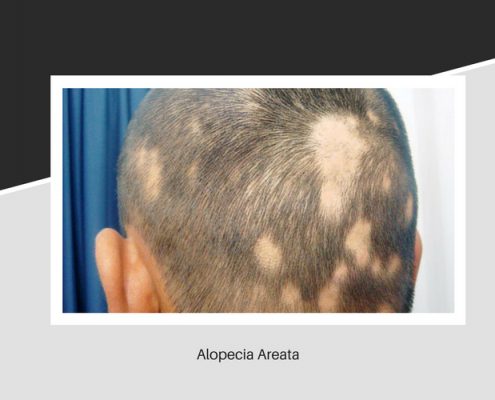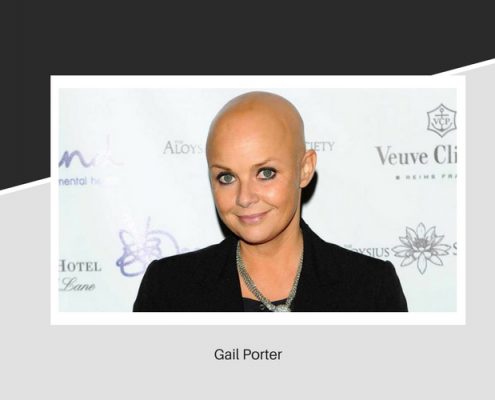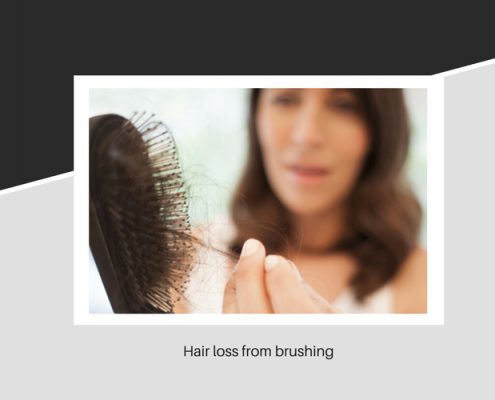Hair Loss
The subject of hair loss comes up often in the salon and can affect women and men alike. Although it affects more men than women.
A few facts about hair loss
We are all born with our own supply of approximately one hundred thousand hair follicles. We do not make anymore once we have been born. Once we reach adulthood and even before this, we lose on average one hundred hairs per day from brushing, combing and head movement. When we see hair loss of more than one hundred and fifty, this is considered to be significant hair loss.
There are many reasons for hair loss, from illnesses such as scalp disorders and skin conditions. Also vitamin deficiency and generally not looking after yourself and your hair, which can cause short-term hair loss. Hormones play a big part sometimes, as can severe stress. This is often blamed for Women who lose some of their hair in areas of the scalp. This can also be temporary.
Although it is more common for men to lose their hair – known as male pattern baldness – affecting around 50% of all men by the age of fifty but sometimes starting in the twenties and thirties.
There are currently approximately eight million women suffering from hair loss in the UK. This is known as Alopecia Areata and if one loses all of their hair it is known as Alopecia Totalis.
There is a rare condition known as Alopecia Universalis where a person will lose all their bodily hair. This is usually caused by an autoimmune illness, Down’s syndrome or Hyperthyroidism.
Chemotherapy treatment can result in losing your hair but this is a temporary thing and once treatment ends, your hair should grow back over time.
In males, where male pattern baldness is found in the temples and around the crown to start with, it is thought to be caused by oversensitive hair follicles reacting to the level of testosterone found in that particular male.
Women are known to suffer psychologically when hair loss is present and it can severely affect confidence and self-esteem.
There are many clinics and Practitioners offering hair loss solutions, some costing thousands of pounds such as hair transplants. There are steps you can take which won’t cost anywhere near as much, such as eating the right food. Oily fish such as salmon is thought to be good to nourish the hair. Honey is also said to be good for thinning hair as are lentils, kidney beans and Greek yoghurt. Vitamins found in green leafy vegetables such as spinach and broccoli are excellent too.
There are different ways to cover up hair loss, such as hair extensions and wigs. Gail Porter, once famed for having a full head of luscious locks, embraced her baldness and looked beautiful with no hair.
There are no simple, or quick fixes for hair loss, unfortunately, however as soon as you notice more than your usual amount of hair going down the plug-hole or in your hairbrush, make an appointment with your GP or pop along to the pharmacists and get some advice.
Lastly, hair loss after childbirth is a temporary condition, where a woman may lose all the extra hair that was grown during pregnancy.





